According to Nikkei, both companies aimed to reach a deal by the end of October, but Western Digital announced it would abandon talks after the merger failed to receive approval from SK Hynix, an indirect shareholder in Kioxia.
The companies also failed to agree on merger terms with Bain Capital, Kioxia’s top shareholder. Kioxia (formerly Toshiba Memory) and Western Digital, both facing declining revenue amid a difficult memory chip market, are looking for capital and other measures to support their operations.
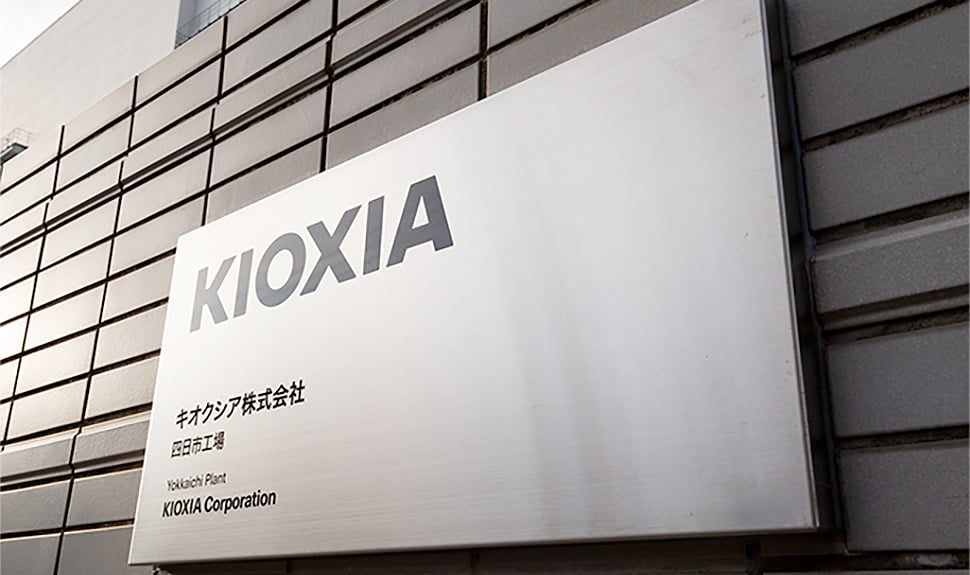
Kioxia is currently in the top position in NAND Flash memory market share.
Kioxia has the third largest global market share in NAND Flash memory, while Western Digital has the fourth largest. The merger was expected to create a group that would compete with market leader Samsung Electronics, and the companies had hoped that greater scale would bring profits and growth.
But SK Hynix has officially announced its opposition to the deal. The company invested about $2.67 billion in the Bain-led consortium, which was acquired from Toshiba. The Korean company is currently second only to Samsung in NAND memory and is concerned that the Digital-Kioxia merger will affect its position and change the partnerships it has with Kioxia.
Western Digital currently partners with Kioxia on chip development and manufacturing, including investing in Kioxia's factories in Japan. Despite this, the companies will continue to cooperate.
Source link


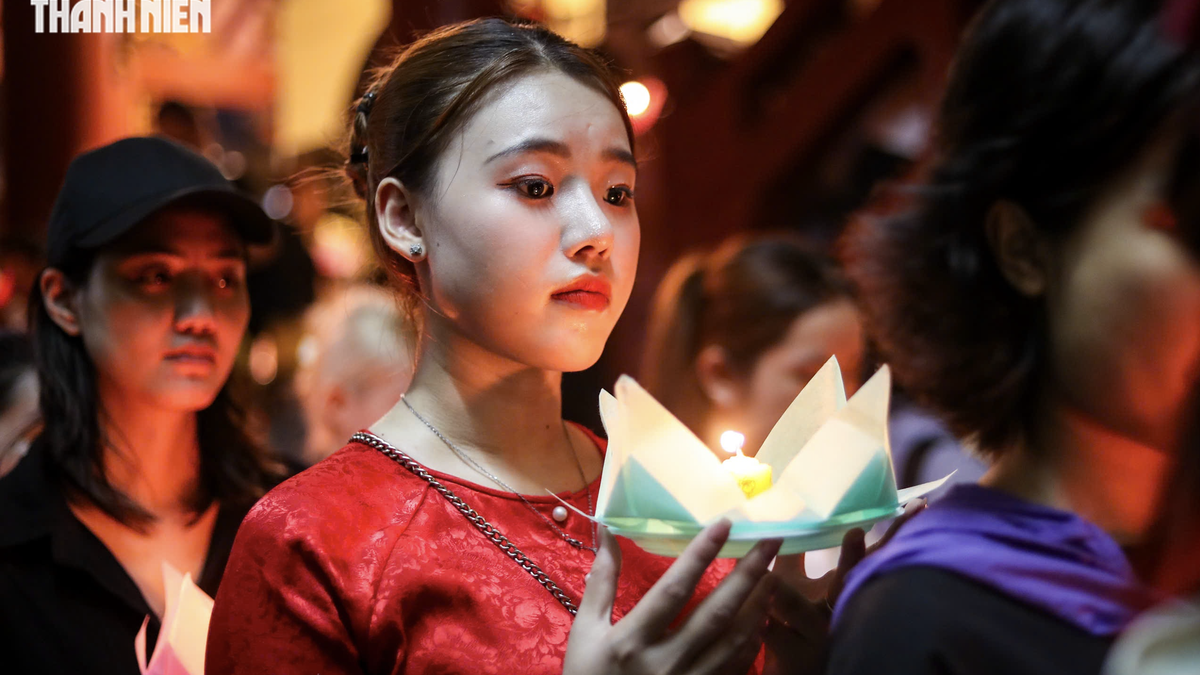
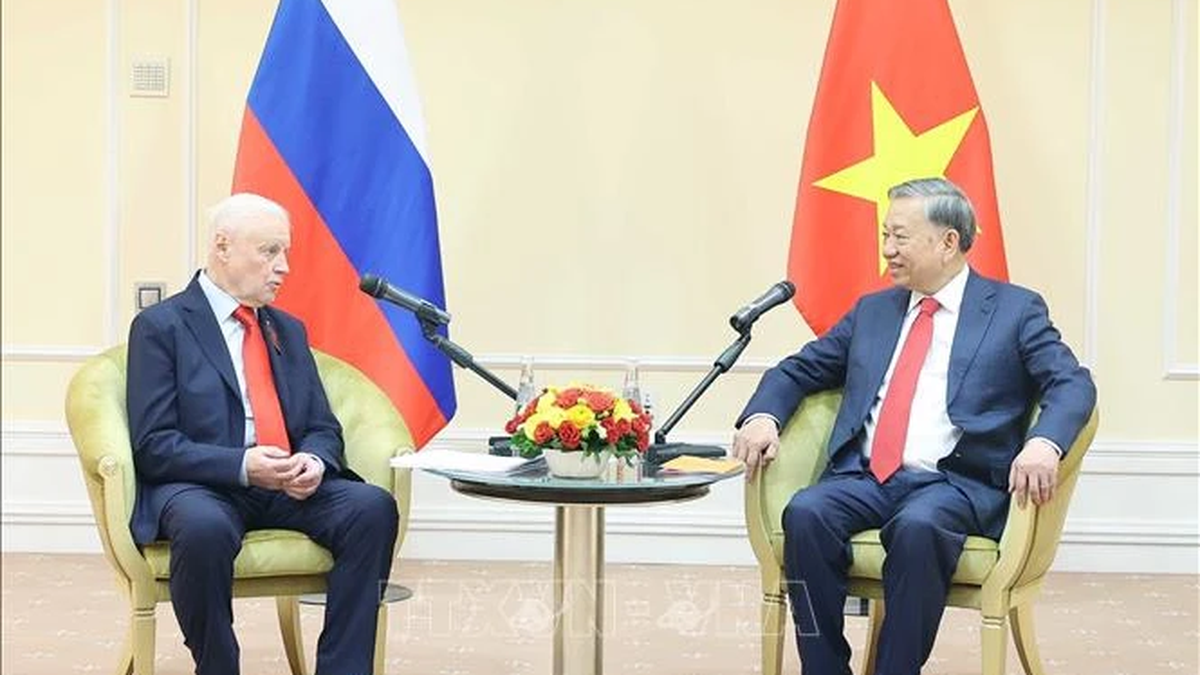
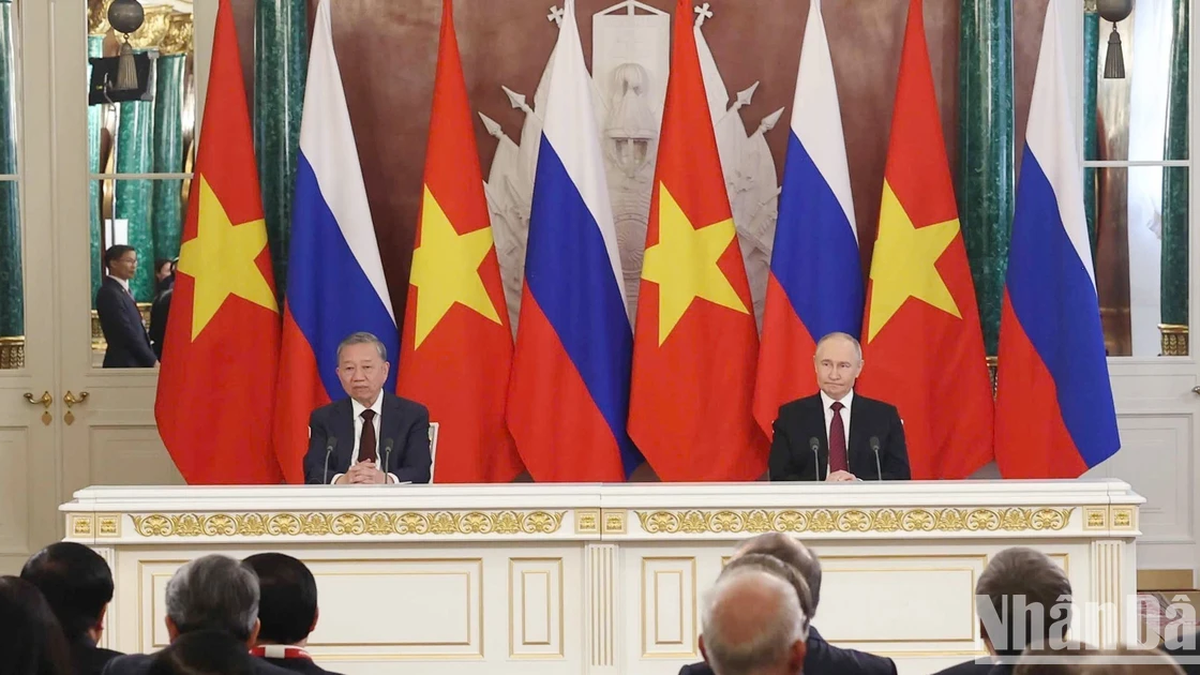
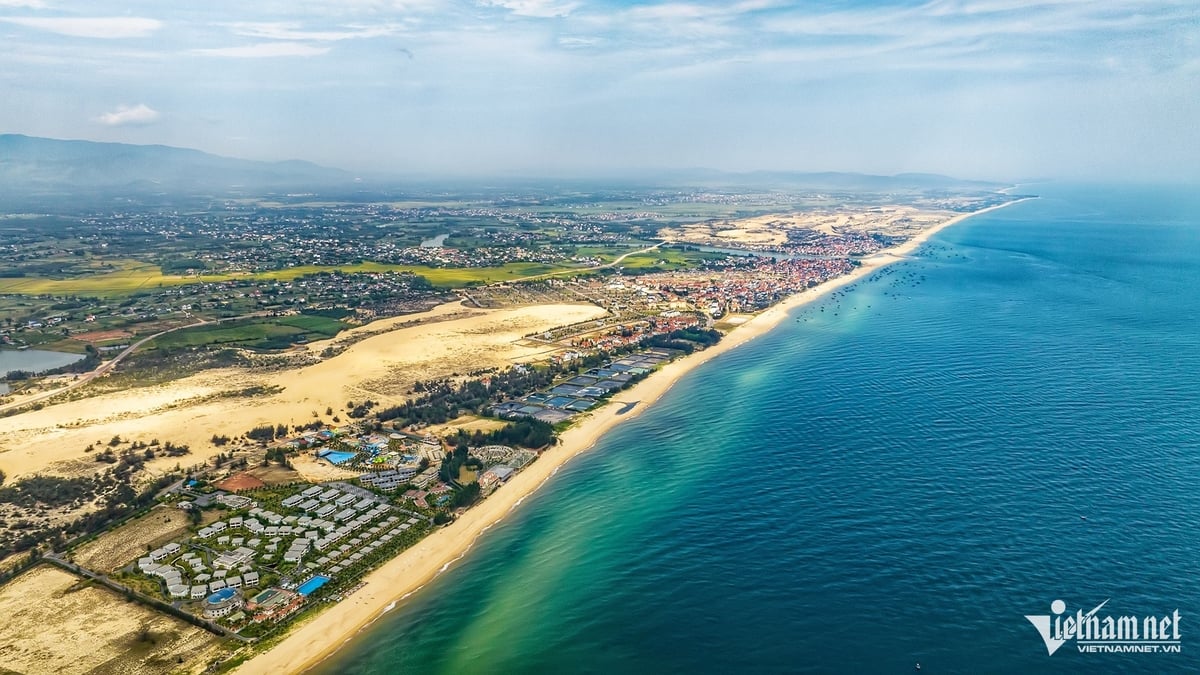
![[Photo] Prime Minister Pham Minh Chinh chairs Government Standing Committee meeting on Gia Binh airport project](https://vphoto.vietnam.vn/thumb/1200x675/vietnam/resource/IMAGE/2025/5/10/6d3bef55258d417b9bca53fbefd4aeee)




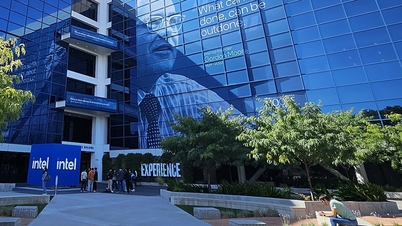

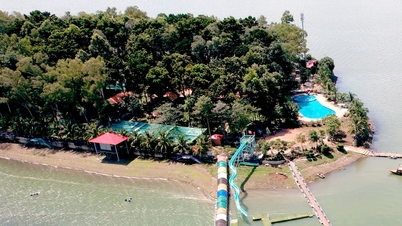
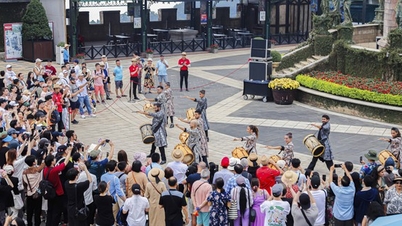

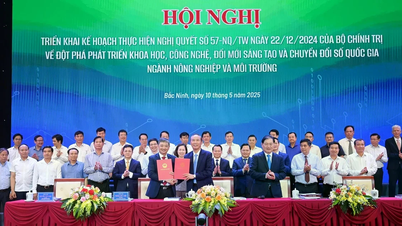
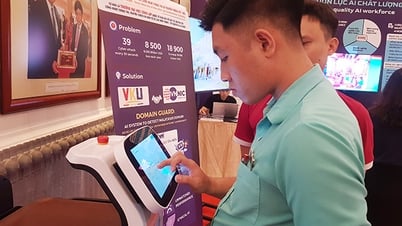
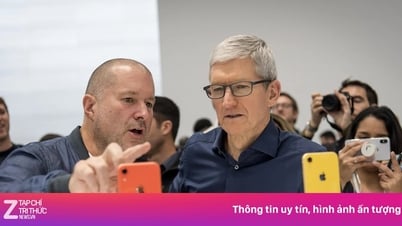
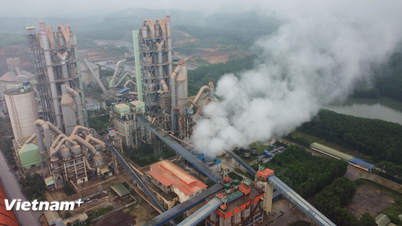
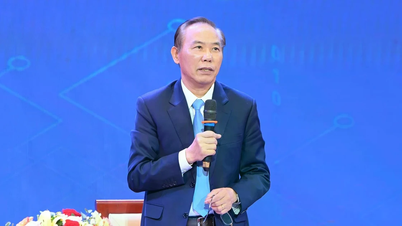
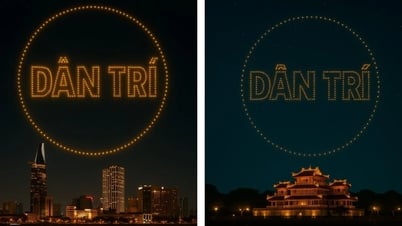









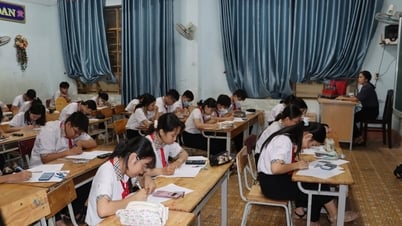
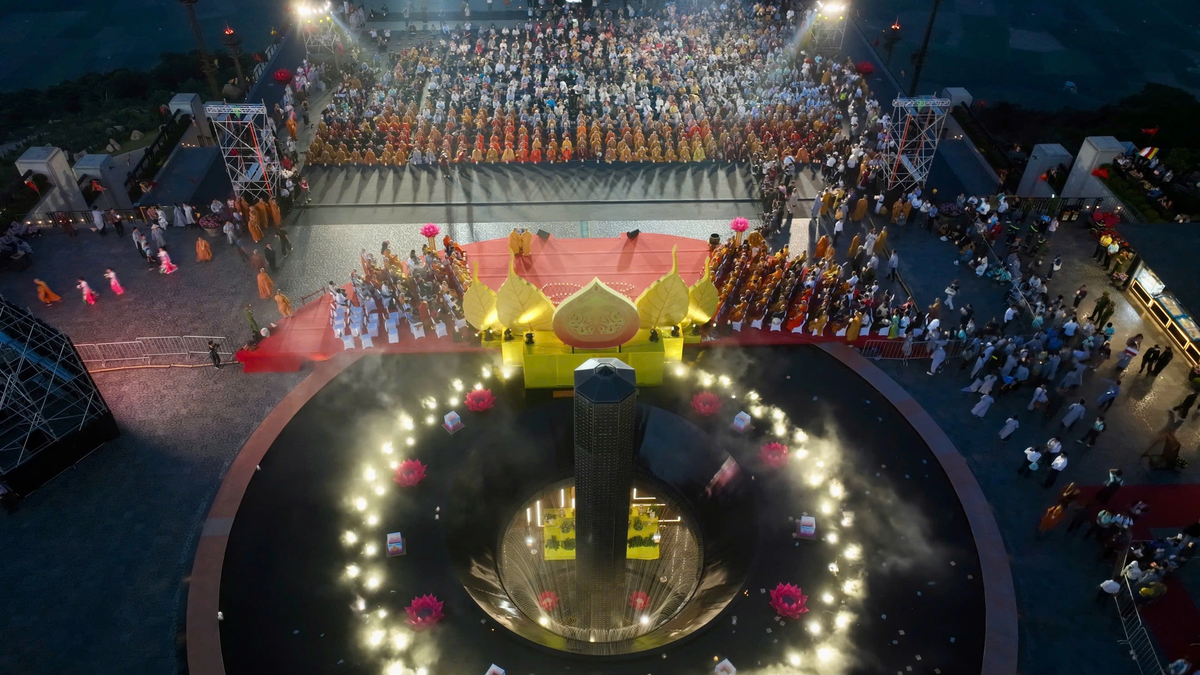

































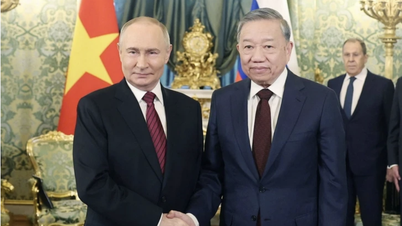
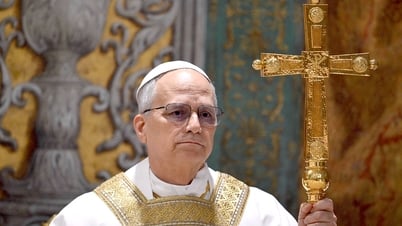
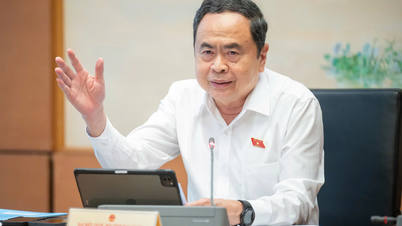
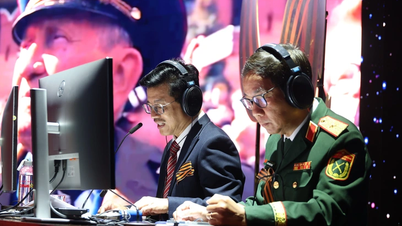









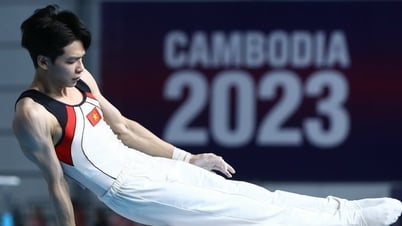

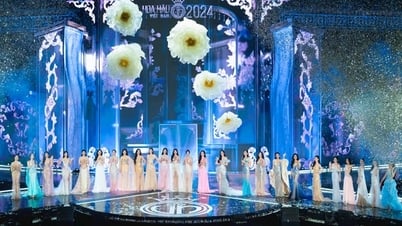
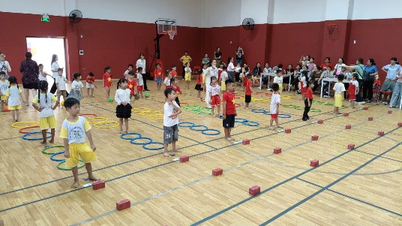

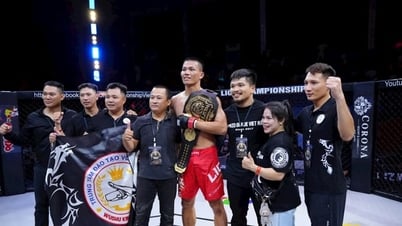
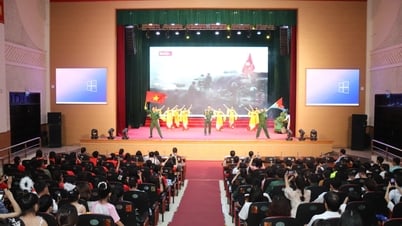












Comment (0)